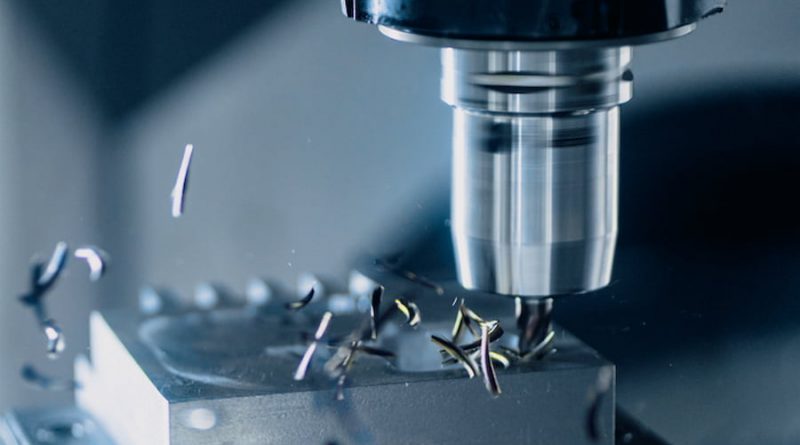What is Precision Machining?
Precision machining is a process that takes excess material from a part and creates a product that meets tight tolerances. It can be performed on a variety of materials and involves a variety of experts. The process of Intrex Aerospace Precision Machining also provides a high-quality surface finish. CNC machines use computers to control the machining process. They follow coded instructions to process material to exact specifications without a human operator.
Creating High tolerance Product
Precision machining is cutting away excess material to create a high-tolerance product. It uses computer-controlled tools to shape workpieces and create objects of a very precise shape. Tolerances are measurable values defining the permitted deviation from a standard piece. They are an important part of the manufacturing process, determining the quality of products and affecting turnaround times and manufacturing costs.
This process also helps the finished product be more uniform. While tight tolerances are better for the final product, they increase costs and manufacturing time. Tolerance values vary based on material composition and application. For example, engine blocks and other car components are often machined using this technique. Other examples include transmissions, water pumps, and wheels.
It Can Be Performed on a Variety of Materials
Precision machining is a critical process that involves the creation of precise objects, from small components to large-scale products. From simple blanks with a few holes to complex housings with intricate geometry, precision machining is critical for producing parts that meet strict specifications. The range of products that benefit from precision machining is vast, spanning nearly every industry and technology.
Precision machining can be performed on various materials, including steel, bronze, graphite, glass, and plastics. Tools used in the process include CNC milling machines, lathes, grinders, and EDMs. Expert operators control these tools, which are used to produce parts in the most precise way possible.
Requires a Variety of Experts
While precision machining can be done in-house, it does require multiple experts. For instance, if you’re producing a small batch of precision parts, you’ll need a team of experts who can perform the work quickly and accurately. If you hire a single individual to do the entire job, it will take longer and may result in mistakes. In addition, you’ll be unable to guarantee the quality of the work and may have punctuality issues.
Precision machining is a complex process that requires a computerized machine. These machines, usually high-speed robotics, automatically direct the cutting tool on the workpiece. While the processes vary slightly between companies, most precision machining firms follow a similar process.
Surface Finish
The final surface finish of a machined part is determined by the type of machining process used. The process determines the roughness of the surface finish and can be optimized to balance speed and smoothness.
A good machining surface finish is a significant advantage to the manufacturing process. It improves the adhesion of paints and other materials and reduces the amount of stress for the manufacturer. It also enhances the rust-resistant properties of a metal part.
Read also: What are the different kinds of precision CNC machining services?

